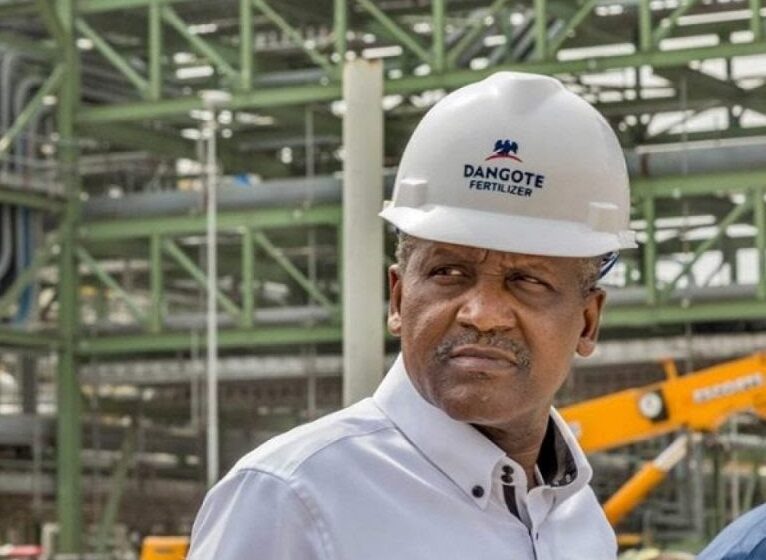From grace to grass? How Dangote Refinery’s trouble started

Dangote Refinery reduces petrol price: What Nigerian consumers need to know Image Source: Punch
Aliko Dangote’s plan to transform Nigeria’s energy sector through the Dangote Refinery has encountered significant setbacks, leading him to offer his shares to the Nigerian National Petroleum Company Limited (NNPC).
Initially celebrated as a groundbreaking initiative, the 650,000 barrels per day (bpd) refinery aimed to make Nigeria self-sufficient in refined petroleum products, but a series of financial and operational challenges have shifted the project’s course dramatically.
The refinery, located in the Lekki Free Trade Zone, Lagos, was designed to be the largest in Africa and the world’s biggest single-train facility. It was expected to produce 50 million liters of petrol and 15 million liters of diesel daily, along with 4.6 million tonnes of diesel and 4 million tonnes of jet fuel per year.
However, financial troubles started when NNPC failed to meet its payment obligations. Despite an agreement to acquire a 20% stake in the refinery for $2.76 billion, NNPC only managed to pay for a 7.2% stake, creating a significant funding shortfall.
In a statement, Dangote revealed that, “The agreement was actually 20% which we had with NNPC and they did not pay the balance of the money up till last year and then we gave them another extension up till June (2024) and they said that they would remain where they have already paid which is 7.2%. So NNPC, the government (sic) owns only 7.2% not 20%.”
READ ALSO
Expert: How Dangote refinery will reduce importation of refined petroleum products
PROFILE: Meet Aliko Dangote, the billionaire who built Africa’s biggest oil refinery
Insecurity: Tension as another UNN student goes missing
Operational issues also plagued the project. The Nigerian Midstream and Downstream Petroleum Regulatory Authority (NMDPRA) accused the refinery of producing diesel with high sulphur content, which did not meet regulatory standards.
Dangote strongly denied these claims and pointed out that the refinery’s in-house laboratory had been approved by the NMDPRA for product testing. Despite these assurances, the dispute has added to the refinery’s challenges.
In light of these difficulties, Dangote has decided to halt further investments in other sectors, such as steel, to focus on resolving the refinery’s issues. He emphasized that his main goal is to ensure that the refinery can achieve its intended benefits for Nigeria’s fuel supply and economic stability.
In an interview with Premium Times, he stated, “This refinery can help in resolving the problem but it does appear some people are uncomfortable that I am in the picture. So I am ready to let go, let the NNPC buy me out, run the refinery. At least the country will have high-quality products and create jobs”
This decision reflects the broader implications for Nigeria’s energy sector, which continues to rely heavily on imported refined products despite being one of the world’s largest crude oil producers.

